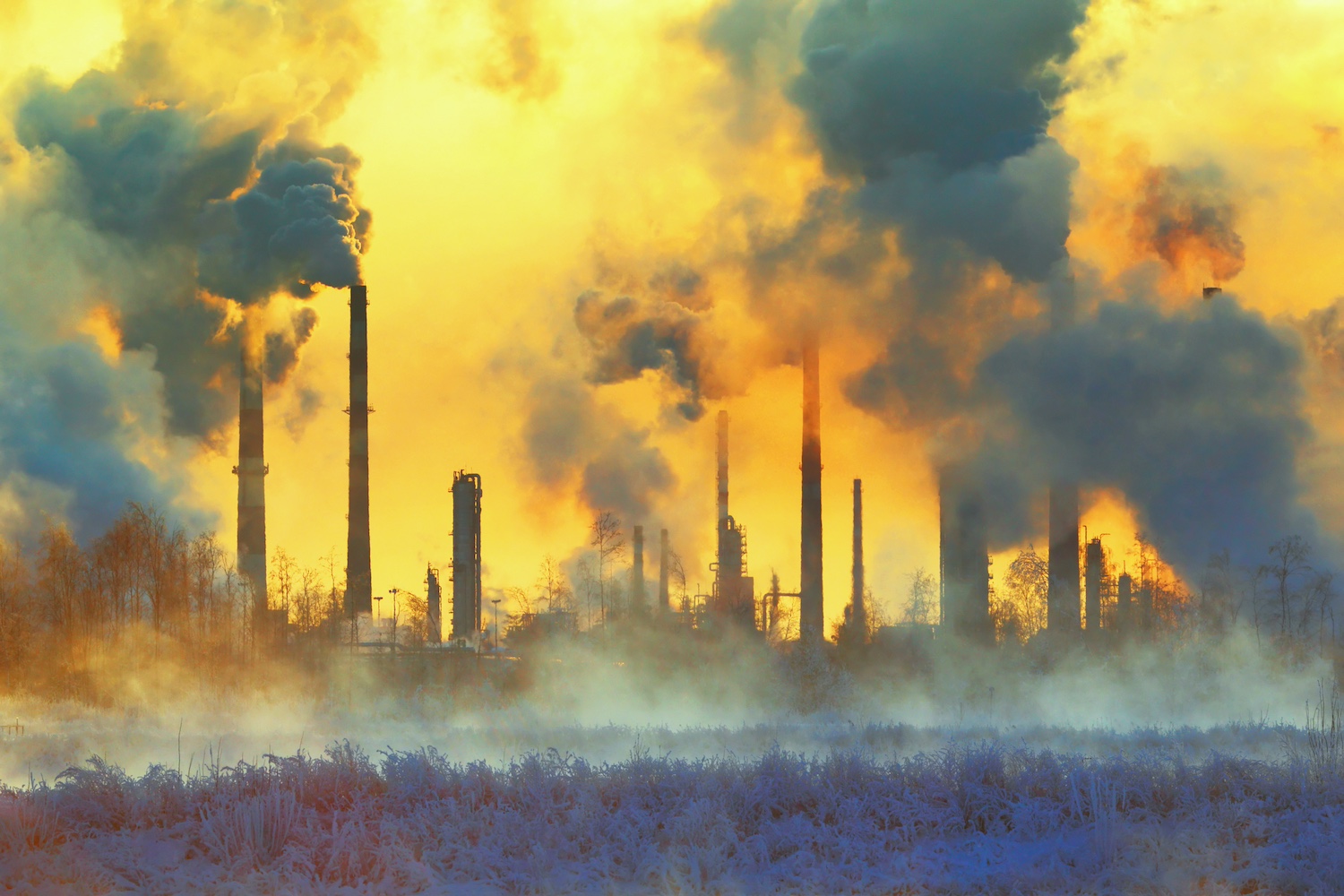Year: 2024-2025
Research Team Type: Student-led
Organizers: Jasmine Martin, PhD student, Geography; Jimena Perez, PhD student, Geography
The Tox-Ecologies Collective grapples with the enduring legacies of colonialism and capitalism, the continued uneven restructuring of our material and relational worlds, and the altered forms of life and sociality that emerge within these affected spaces (Murphy, 2017). We turn to methodology to find the “words, protocols, and methods that might honor the inseparability of bodies and land, and at the same time grapple with the expansive chemical relations” (Murphy, 2017). Since the late 2000s, epistemological and theoretical interventions across critical disability studies, Indigenous STS, and racial geographies have catalyzed new ways of seeing ourselves and toxins and have provided new grammars for understanding and narrating environmental harm, which in turn has offered more creative horizons of possibility.
Our group aims to trace these interventions, as well as find new language and analytic methods to think through our ecological entanglements—beyond a mathematics of damage and a framework that still holds out hope for an uncontaminated future. How we study relational entanglements influences what political demands we make and what obligations we have to each other. The Tox-Ecologies Collective is invested in asking what methods might be used to attend to how contamination and pollution alters our bodies and worlds and what new relations are made possible when we develop new analytic frames to understand our contemporary planetary conditions. The Collective’s activities include: a year-long reading and methods-practice group; a Spring 2025 writing workshop with the goal of a published, collaborative paper; and a Spring 2025 Symposium.
